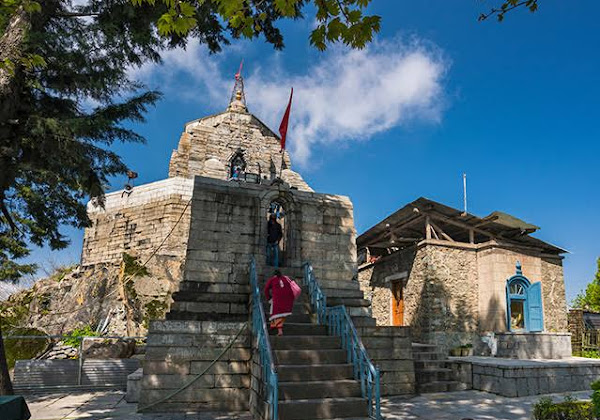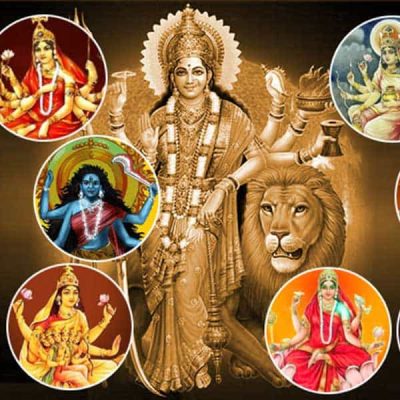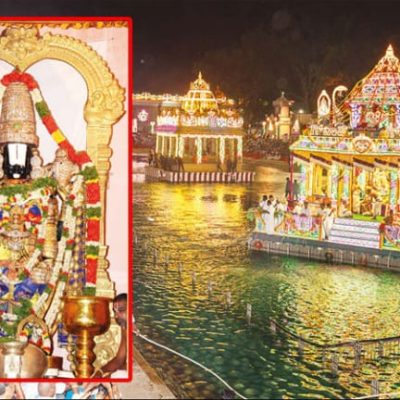Srinagar Shankaracharya Temple- Jammu and Kashmir

Address
Srinagar Shankaracharya Temple- Srinagar, Jammu and Kashmir-190001
Deity
Shiva
Introduction
- Location: Gopadari Hill, Zabarwan Mountain, Srinagar, Jammu and Kashmir, India.
- Alternate Names: Jyesteshwara Temple, Pas-Pahar (Buddhist), Takht-e-Suleiman (Throne of Solomon).
- Elevation: Approximately 1,000 feet above Srinagar city.
- Deity: Dedicated to Lord Shiva, represented by a Shivalinga in the Sanctum Sanctorum.
- Significance: A prominent religious and spiritual pilgrimage site, attracting devotees and visitors worldwide.
Puranic Significance:
- Origins:
- 200 B.C.: Initially built by Jalauka, son of Emperor Ashoka.
- 1st Century: Renovated by King Gopadatta of Kashmir, dedicated to Jyesteswara.
- 1848: Renamed Shankaracharya by Maharaja.
- 1961: Statue of Adi Shankaracharya placed inside the temple by the Shankaracharya of Dwarkapeetham.
- 9th Century: Current structure believed to date back to this period with renovations in the 19th century during the Sikh reign.
- Architectural and Historical Changes:
- Early Architecture: Reflects early Kashmiri style with a horse shoe arch pattern.
- Restorations: Persian inscriptions, roof repairs by Zain-ul-Abidin, steps constructed by Dogra King Gulab Singh, and electrical fittings installed by the Maharaja of Mysore.
- Historical Alterations: Steps leading up the hill were removed by Muslim invaders for mosque construction.
- Temple Design:
- Structure: Square in shape with an octagonal solid rock base (20 feet tall).
- Interior: Stone staircase leads to a square terrace, interior circular chamber supported by four octagonal columns.
- Shivalinga: Encircled by a snake, placed in the sanctum sanctorum.
Special Features:
- Historical Transition: Believed to have been a Buddhist place of worship before being converted to a Hindu temple by Adi Shankaracharya, who is said to have resided and undergone penance here.
- Adi Shankaracharya: The Shivalinga in the Sanctum Sanctorum was central to his worship and spiritual practice, marking the temple as a place of significant philosophical and religious revival.
Festivals:
- Mahashivaratri: Major festival celebrated with special significance at the temple.
Century/Period/Age
9th century
Managed By
Archaeological Survey of India (ASI)
Nearest Bus Station
Srinagar
Nearest Railway Station
Srinagar
Nearest Airport
Srinagar





